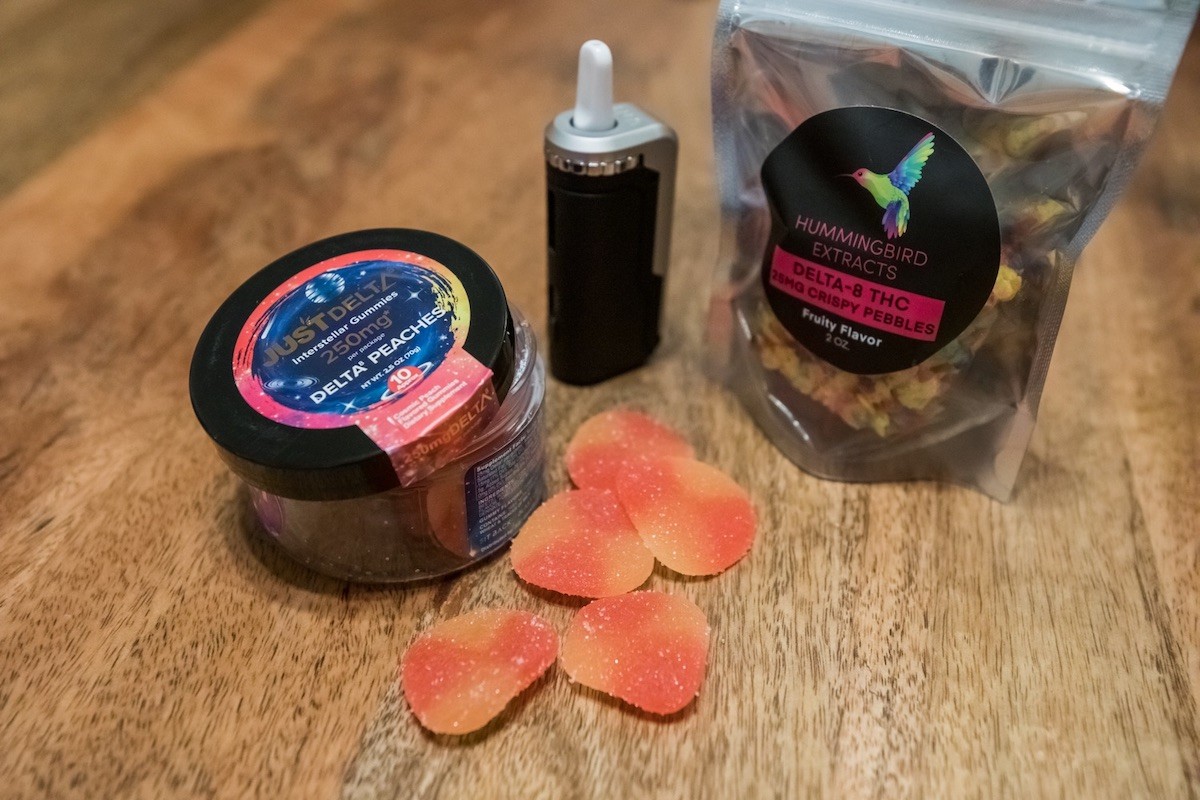Three-quarters of commercial Delta-8 products tested in a recent study contained more than the amount of THC allowable under the 2018 Farm Bill that legalized hemp, raising questions about their legality to sell or possess.
The study, released a couple weeks ago by cannabis consumer research firm CBD Oracle, used an accredited lab to test 51 Delta-8 products both for the THC-containing compound they were advertised to contain as well as Delta-9, the variety of THC found in marijuana. THC is the compound in marijuana that produces a high for users.
Of the tested products, 76% contained more than the 0.3% Delta-9 allowed under federal law, according to the investigation. One even contained 23% Delta-9, putting it at 7,700% of the allowable limit.
Meanwhile, the measured amounts of Delta-8 THC in the products were an average of 15% lower than advertised, according to the lab results.
> Everything You Need To Know About Delta 8 In Kentucky
The new study's findings appear to fly in the face of expectations many Delta-8 buyers have when they purchase the products. Many retailers market them as a legal alternative to weed since they contain enough THC to result in feeling high.
“Stay away from Delta-8 products if you’re worried about consuming Delta-9," Eric Wendt, chief science officer at hemp-testing facility Green Leaf Lab said in the study. "Most Delta-8 products, especially the concentrated forms, will likely have higher amounts of Delta-9 in them because of the way Delta-8 is extracted."
According to CBD Oracle's analysis, consumers are more likely to encounter higher levels of Delta-9 THC in products sold at gas stations and smoke shops. Vape cartridges and concentrates also generally contained higher levels than other varieties of products, according to the lab tests.
This story was originally published by our sister publication, the San Antonio Current. You can find the rest of their work here.






